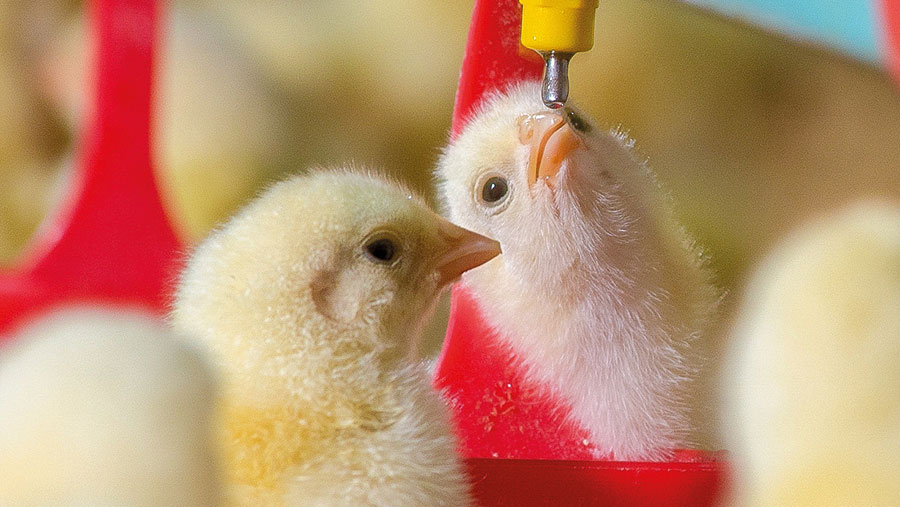Namibia’s poultry industry is ramping up its preparedness efforts in response to rising concerns over avian influenza outbreaks in neighboring countries, particularly South Africa. With South Africa recently launching a pilot vaccination program targeting broiler breeders against the highly pathogenic H5N1 strain, Namibia’s Poultry Producers Association (PPA) is taking proactive steps to shield its domestic sector from potential outbreaks.
PPA chairperson Louis Kleynhans emphasized the importance of forward-thinking strategies, noting that while Namibia has not recorded any recent avian flu cases, the association is closely monitoring developments in the region. The PPA is exploring the registration and potential importation of bird flu vaccines, ensuring swift availability should an outbreak occur. This preventive approach is key to minimizing potential disruption in the sector.
In collaboration with the Directorate of Veterinary Services and the Ministry of Agriculture, Water and Land Reform, the PPA is working to develop a national contingency plan for avian influenza. These guidelines will cover critical areas such as the movement and importation of live birds, biosecurity standards, surveillance protocols, and, if needed, a formal vaccination framework.
Namibia’s geography offers some natural protection, with central regions lying outside major wild bird migratory routes. However, past experience shows that no region is entirely risk-free. In January 2022, over 1,000 wild birds—mainly cormorants—died along the Walvis Bay and Swakopmund coastlines, following an H5N1 outbreak believed to have been introduced by migratory birds. Genetic testing confirmed the presence of a highly pathogenic avian influenza strain, genetically similar to those previously reported in Lesotho and Botswana in 2021.
In response to the 2022 outbreak, strict control measures were implemented. These included halting the movement of all live birds into and out of the affected Erongo region, and instructing the public and poultry farmers to report any suspected bird deaths. According to Chief Veterinary Officer Dr. Albertina Shikongo, the outbreak was successfully contained, with no further HPAI cases reported after March 18, 2022.
The PPA now aims to build on those lessons. A joint proposal is being prepared with private veterinarians to strengthen Namibia’s overall readiness. The focus will be on improved surveillance, access to vaccines, rapid response strategies, and better coordination between public and private sectors.
This preparedness drive comes at a critical time. Avian influenza poses not only a threat to poultry production and food security, but also to public health and biodiversity, particularly if it spreads to wild bird populations or across borders. With poultry being a key source of protein and income for many Namibian households, the stakes are high.
Namibia’s approach reflects a growing awareness across Africa of the need for regional cooperation and investment in veterinary health infrastructure. As disease pressures increase due to climate change, migratory patterns, and intensifying poultry trade, African countries must strengthen their defenses against transboundary animal diseases like bird flu.
By acting now, Namibia’s poultry sector is demonstrating the kind of leadership and foresight that could serve as a model for neighboring countries facing similar risks.



